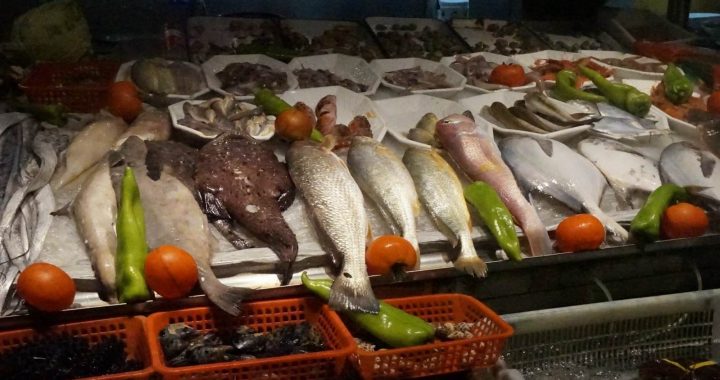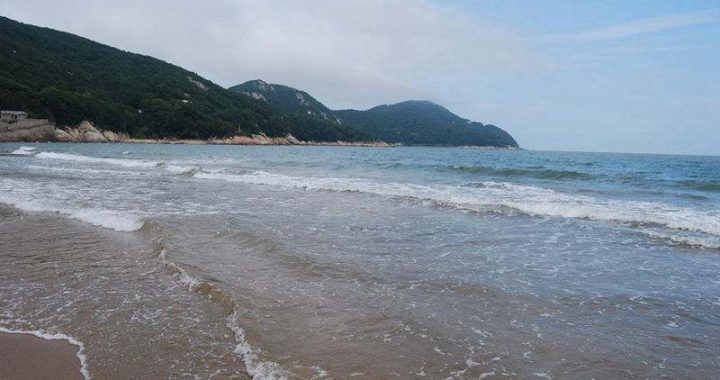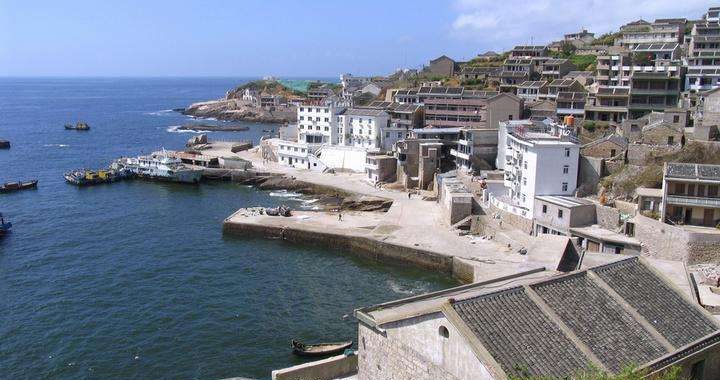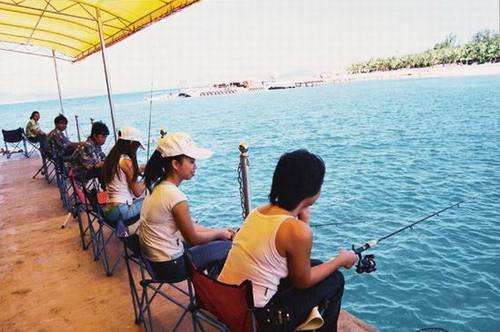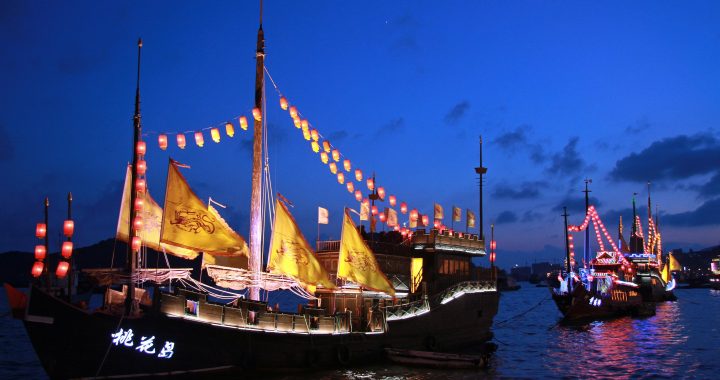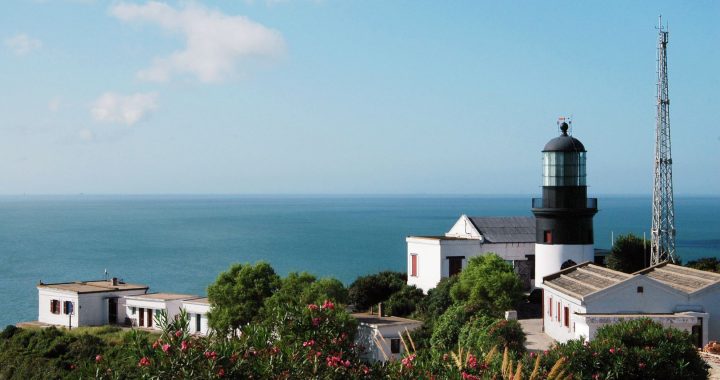Baptised by Gunfire
2 min readDritish ships began to appear sporadically around the coasts of China from 1635 Donwards; and without establishing formal relations through the tributary system, British merchants were allowed to trade at the ports of today’s Zhoushan and Xiamen in addition to Guangzhou. In June 1840, an expeditionary force of British troops aboard 15 barracks ships, four steam-powered gunboats and 25 smaller boats reached the mouth of the Pearl River, declaring an ultimatum demanding the QingGovernment pay compensation for losses suffered from interrupted trade and the destruction of opium. With the British expeditionary force now in place,a combined naval and ground assault was launched on the Chusan Archipelago. Zhoushan Island, the largest and best defended of the islands became the primary target for the attack, as was its vital port of Dinghai. July 5 saw the fall of Dinghai after the heroic death of three commanders -Ge Yunfei, Wang Xipeng and Zheng Guohong, whose dauntless souls now rest in peace on the peak of the Xiaofeng Hill in downtown Dinghai and form the crown jewel of the historical pride of Dinghai.

To access the Opium War monument and museum, one must first ascend a multitude ofmounting stairs sheltered by the shade of green foliage. At the peak visitors are greeted by a wide-scoping exhibition explaining the series of events that unfolded within Dinghai during the battles against the British. Once all the knowledge is soaked up from the displays within the building, the rooftop provides a picturesque landscape view of the coast, conjuring possible battle scenes that were previously fought along the seaside and amongst the tree-covered hills.
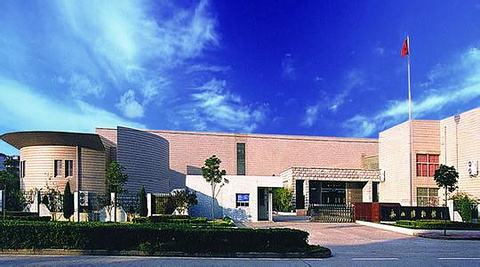
Memories of the past are scattered around town, evoking emotional historical accounts. The Liufang Well on Liufang Road in downtown Dinghai was remolded from a river, where army secretary Li Changda and his wife jumped to their death after learning Dinghai was lost to the British army.

A special figure in the bloodiest battle in the history of Dinghai is a farmer known as Bao Zucai. Seeing several British invaders surveying the city to make maps,a furious Bao Zucai dashed from his sweet potato farm and axed one of the soldiers to death. He then held another one captive, shoved him into a wicker basket and presented the trophy to the barrack in Zhenhai.A stone tablet commemorating the man’s heroic deeds can still be seen in the village by today’s people.


